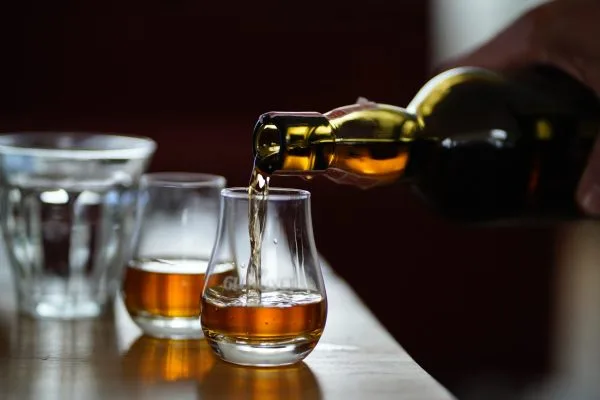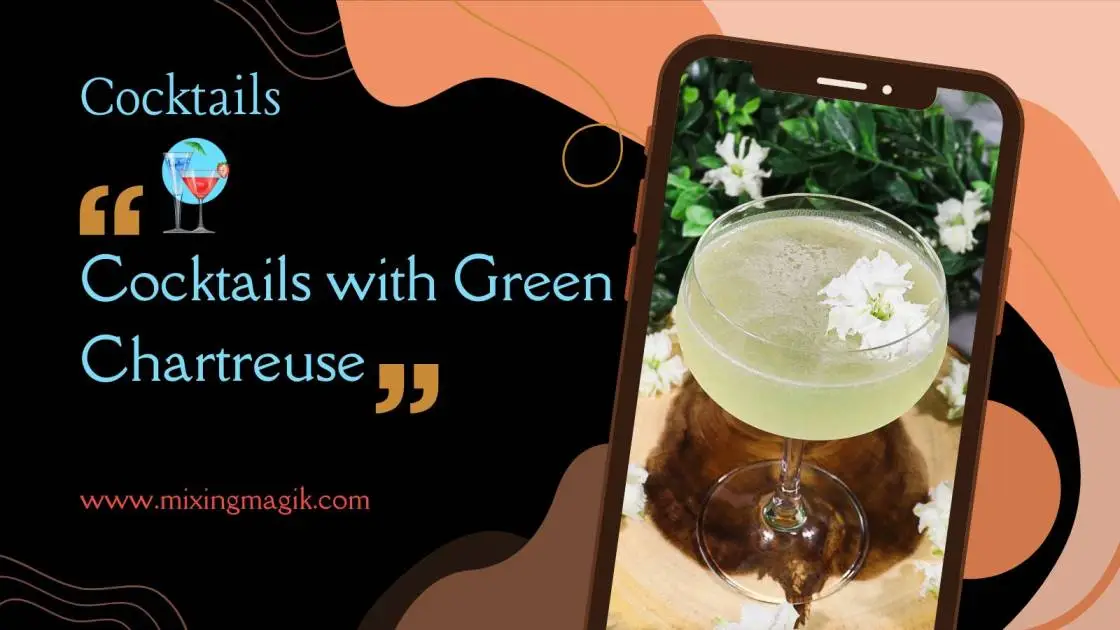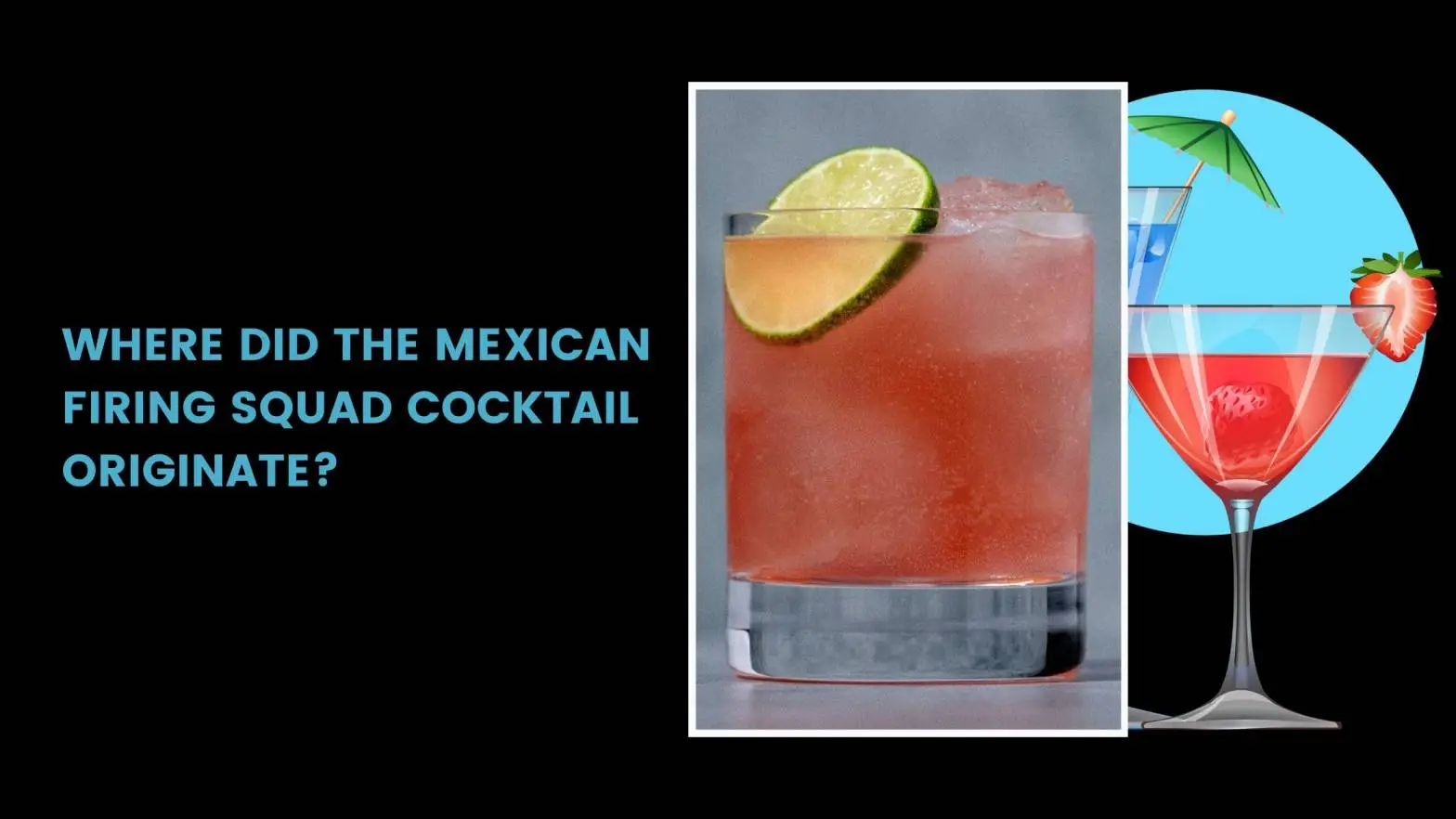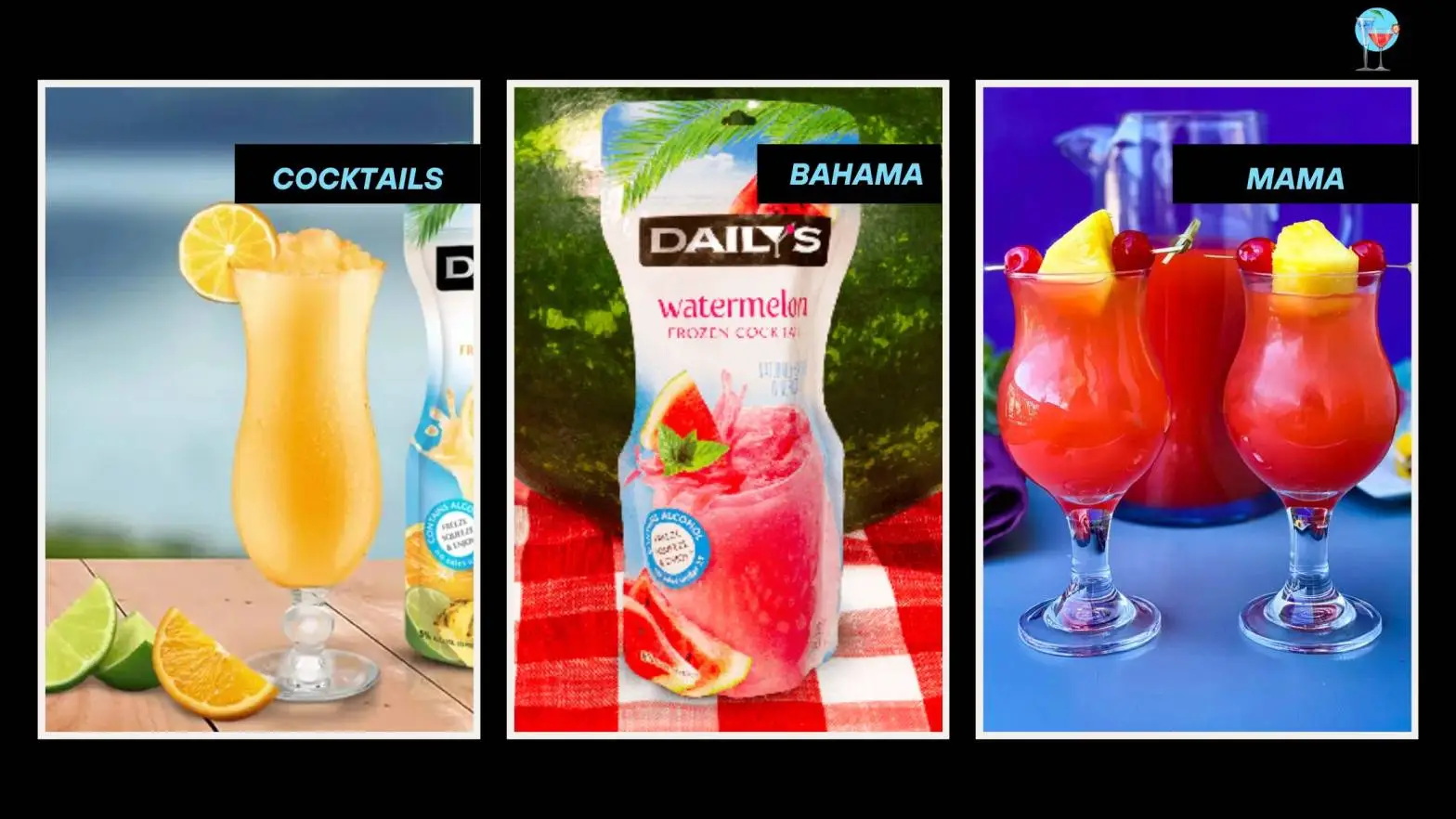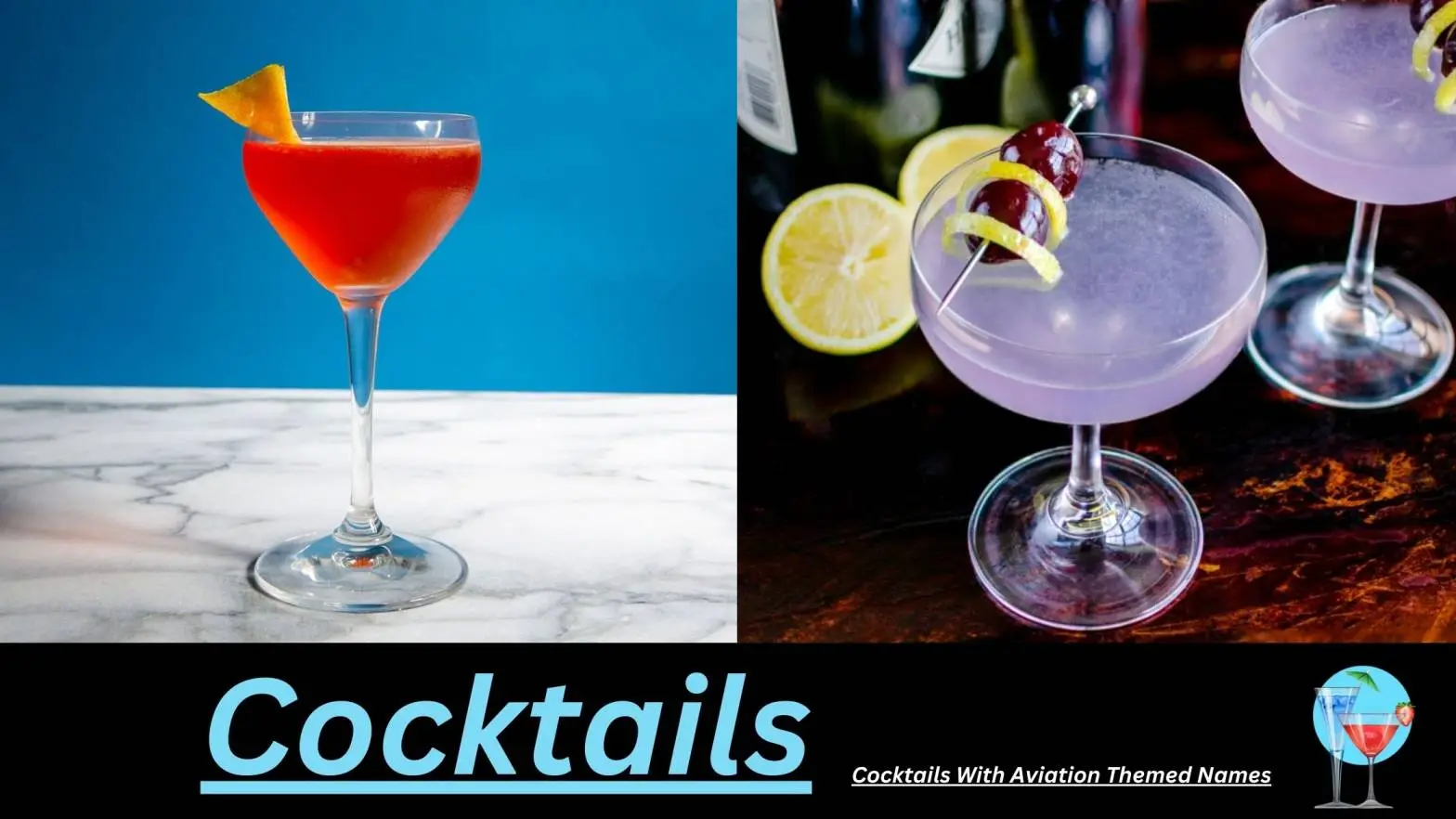What then is odd about all these liquors and their names? And how vary Scotch, Bourbon, Whiskey, Cognac, & Brandy? The first difference is Cognac & Brandy is produced from fermented grapes; Scotch, bourbon vs scotch vs whiskey vs brandy, & Whiskey is produced from fermented grains. We then have some comments that can assist you maintain things in order between the fermented grape and grain liquors.
All Bourbon is Whiskey, but not all Whiskey is Bourbon
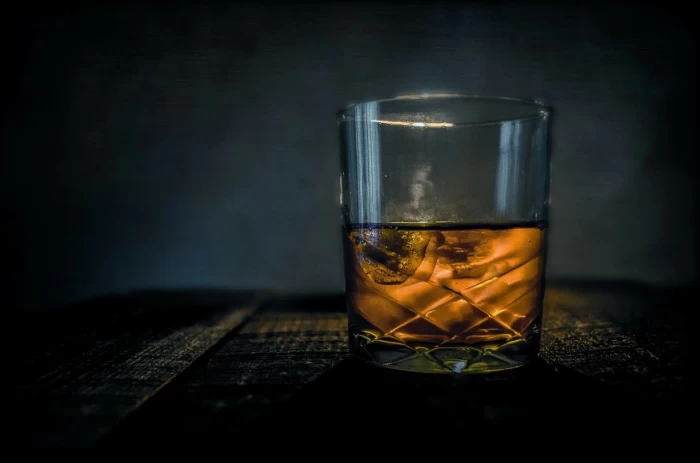
While not all Whisky is Scotch, all Scotch is Whisky—did you see the spelling difference?
Though not all Brandy is Cognace, all Cognac is Brandy.
Starting with the whiskey category, let me point out the first two bullets above.
Read Also: Bourbon vs Scotch: Key Differences and Unique Qualities
Whiskey, Bourbon, & Scotch – What’s the Difference?
One liquor derived from fermented grain mash is whiskey. Wheat, rye, barley, and corn are the principal grains utilized. Whiskey is produced and aged in oak barrels. Made all around the world, whiskey is most famously consumed from Scotland, Ireland, Canada, and America. Once more, all Bourbon is Whiskey; none of Whiskey is Bourbon. Laws passed in the late 1800s set standards for what would be known as Whiskey and Bourbon, therefore controlling its availability.
Bourbon needs to be:
- Produced in the United States
- Hold 51% of corn.
- Born in fresh charred oak barrels
- distilled to no more than 160 percent and loaded into the barrel at 125 proof
- Must be bottled at least 80 proof.
- Free of any additional additives, coloring, or flavoring.
- Growing up in a government inspected warehouse
Cognac and Brandy: What distinguishes?
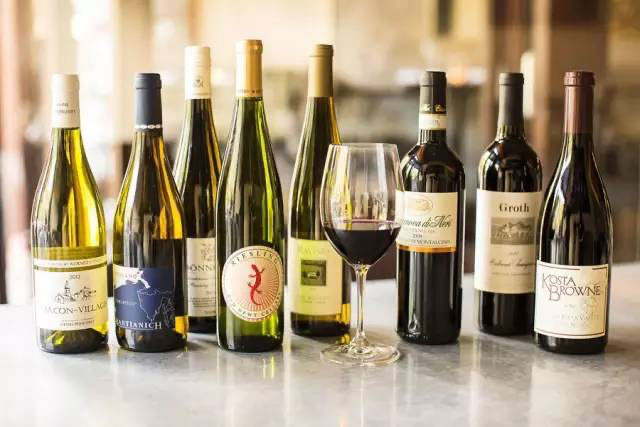
Thus, keep in mind above that although not all Brandy is Cognac, all Cognac is Brandy. We also said that fermented grapes get into Cognac and Brandy. Made from fermented grapes, is Wine not? Indeed, but what distinguishes Cognac & Brandy is that they are produced from distilled wine, therefore raising the alcohol content from the top end in wine of 18% to perhaps 40% or 50%. One may readily distil wine and capture the steam, which is essentially all alcohol and chill it to produce brandy since alcohol boils at 173 degrees and water at 212 degrees. But you simply committed a federal criminal if you do this without a license.
Thus, a Brandy—distilled wine—must be produced from specific kinds of grapes in specific French producing areas if it is to be labeled Cognac. The wine must be distilled twice in copper pot stills and with the end result matured two years in French oak barrels if it is deemed Cognac. Like whiskey, Cognac receives its color from the oak barrels; most Cognacs are aged for least two years, although most of them are far older than whiskey.
Cognitive Labeling
V.S. - Very Special - specifies a mix whereby the youngest brandy has been kept for minimum two years.
V.S.O.P., Very Superior Old Pale, denotes a combination for storing the youngest brandy for minimum four years.
Reserve specifies a mix whereby the youngest brandy is kept for at least four years.
XO – Extra Old – specifies a mix whereby the youngest brandy is kept for at least six years, however in 2016 it will be 10 years.
Napoléon specifies a mix in which the youngest brandy is kept for at least six years, however in 2016 it will be 10 years.
Although the term "Hors d'âge - Beyond Age" is equal to XO, in reality manufacturers utilize it to promote a premium product outside of the recognized age range.
What the difference is between Sherry, Port, and Champagne?
Made from white grapes close to the Andalusian, Spain town of Jerez de la Frontera, Sherry is fortified wine. After fermentation, fortification occurs with Sherry; she is first dry but thereafter some have sweetness added in later.
Made just in the northern provinces of Portugal, the Portuguese fortified wine Port comes from the Douro Valley. Halfway through its fermentation, Port is fortified to halt the process so that not all of the sugar converts into alcohol. Usually presenting as a dessert wine, this technique produces a sweet, crimson wine. Anywhere United States wine from anywhere can be marketed under the Port label.
Made from grapes farmed in the French Champagne area, champagne is a sparkling wine. Apart from the area, other regulations necessitate secondary fermentation of the wine in the bottle to produce carbonation. Although most people used the name Champagne as a generic phrase for sparkling wine, several nations reserve the term just for sparkling wines derived from the Champagne area of France.
FAQs
What's the difference between whiskey, bourbon, brandy, and scotch?
bourbon has maize rather than whiskey, which largely consists of wheat. Only little aged in charred oak barrels, bourbon is distilled no more than 160 proof. bourbon vs scotch vs whiskey vs brandy, created in Scotland from malted rye—in other terms, rye whiskey—instead of corn.
Is cognac a brandy or whiskey?
Any liquor produced from fermented fruit juice can be brandy. This definition makes cognac absolutely a brandy, made from fermented grape juice.
Is bourbon Cognac?
Among the most well-known distilled spirits available worldwide are bourbon and cognac. Still, the two differ far more than they do in similarity. While Cognac is produced from wine—fermented grapes— bourbon is produced from fermented cereal grains.
